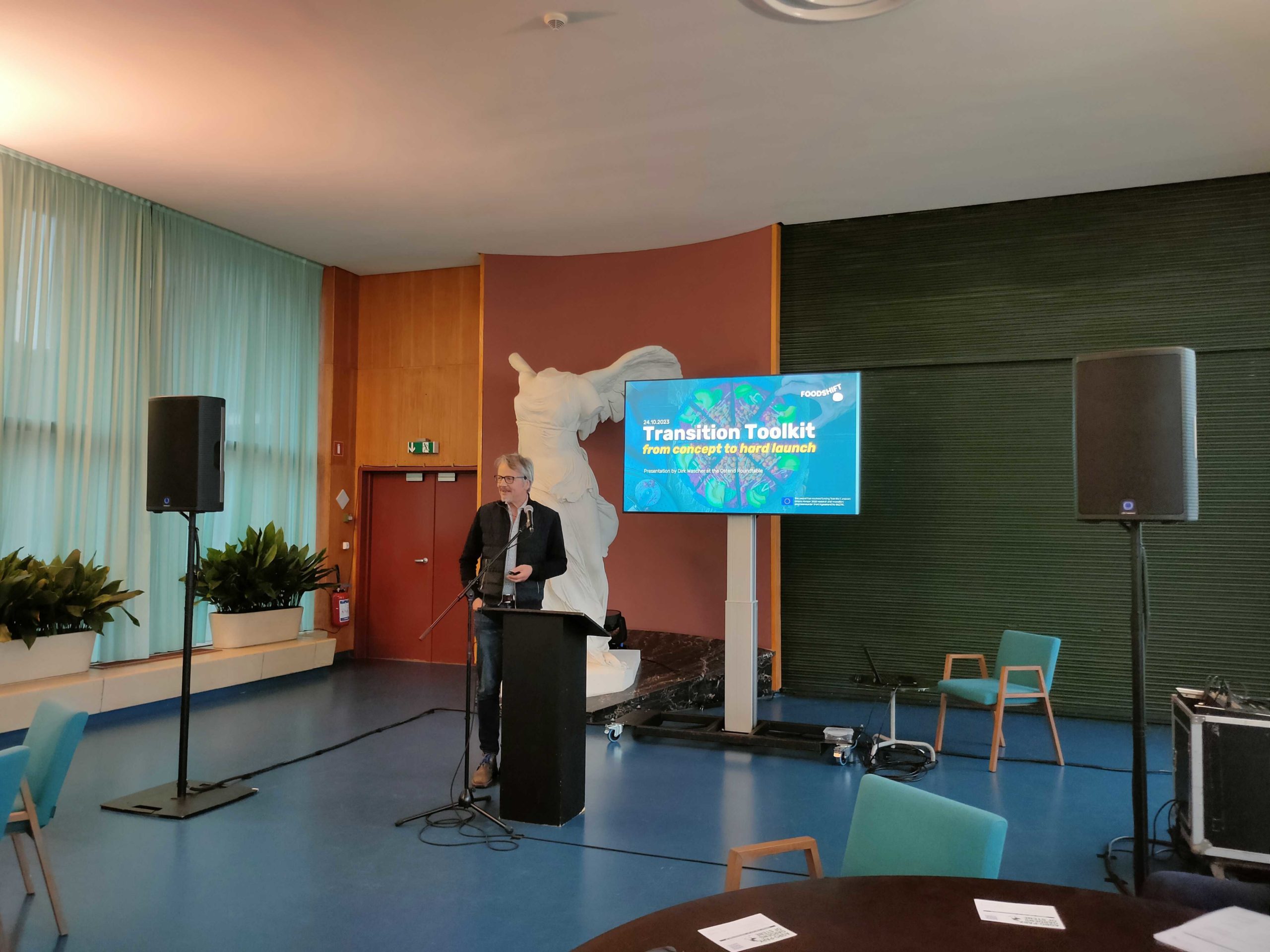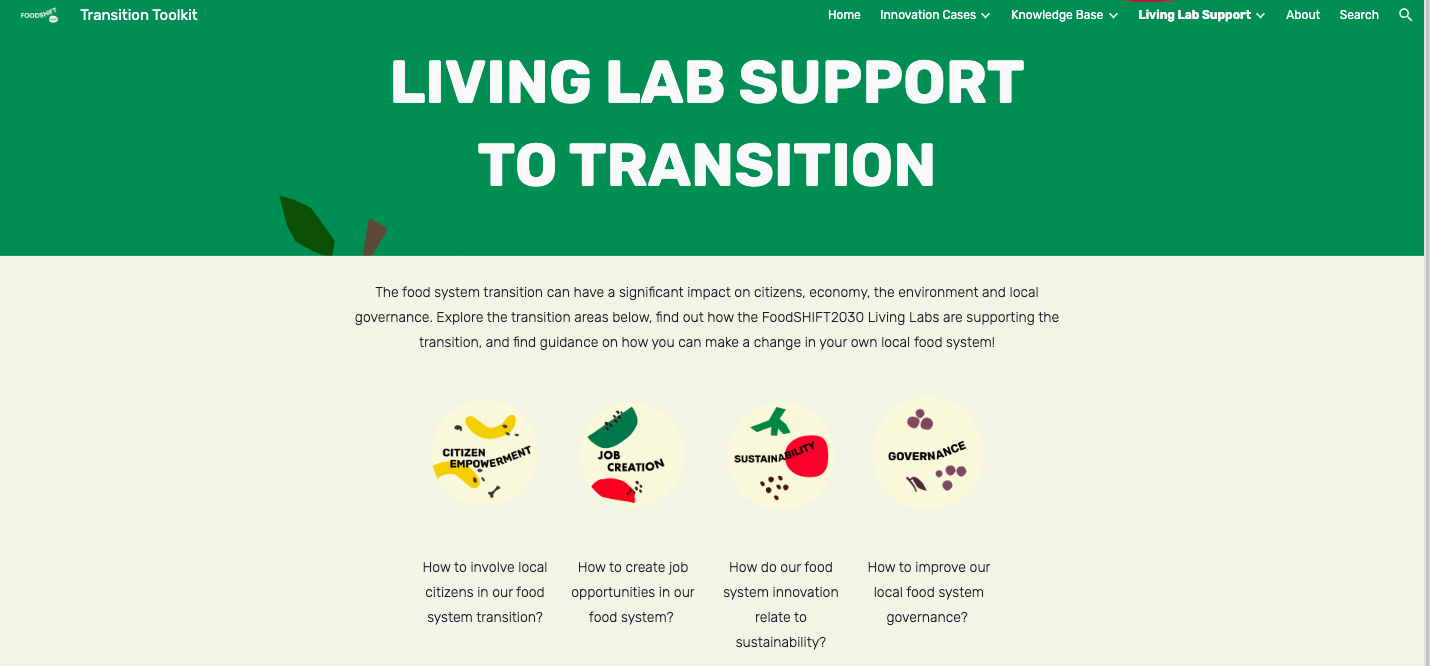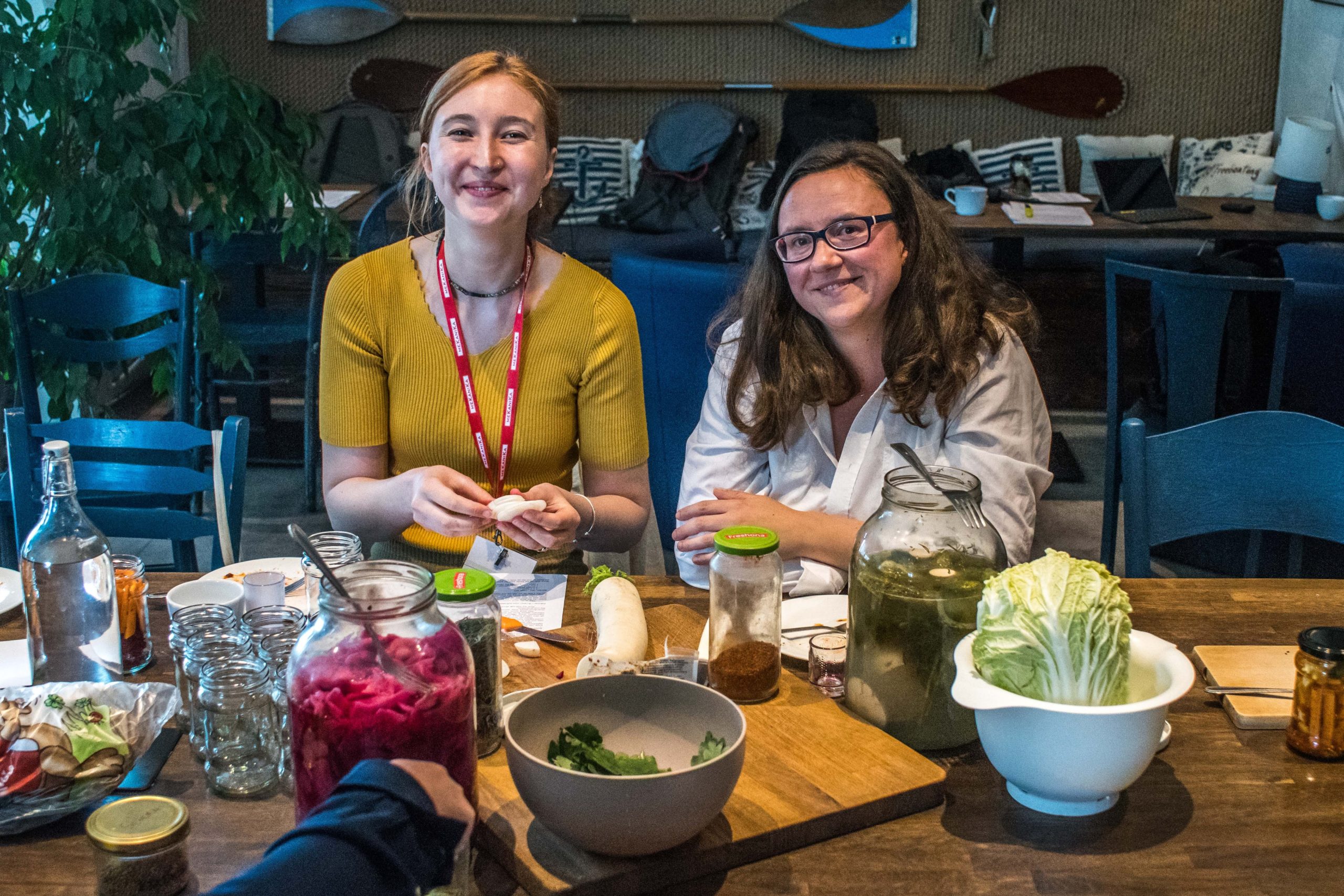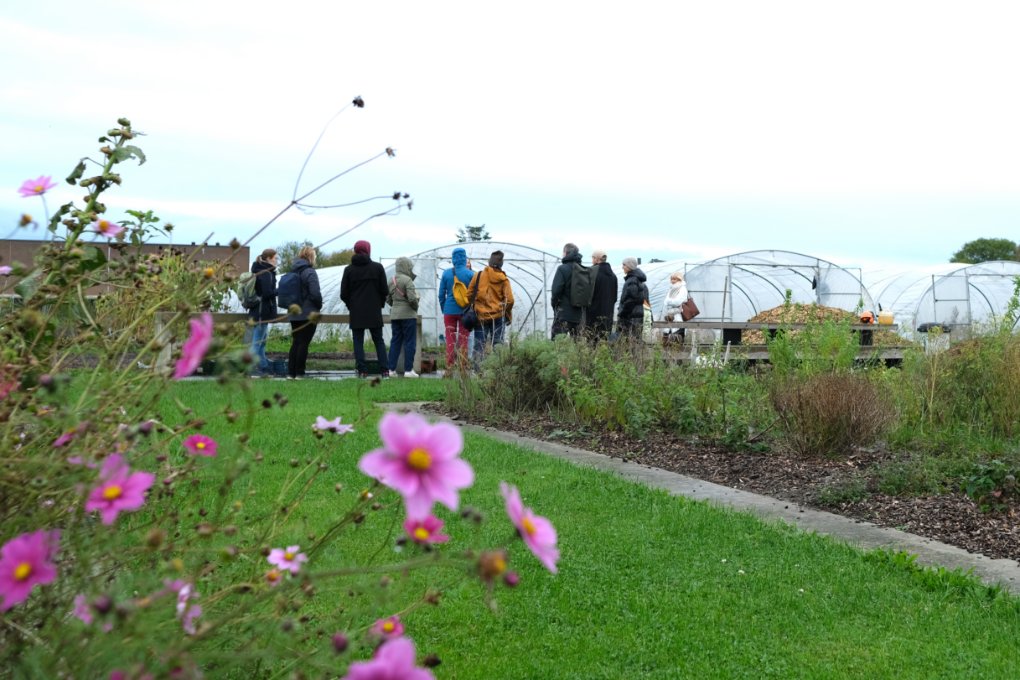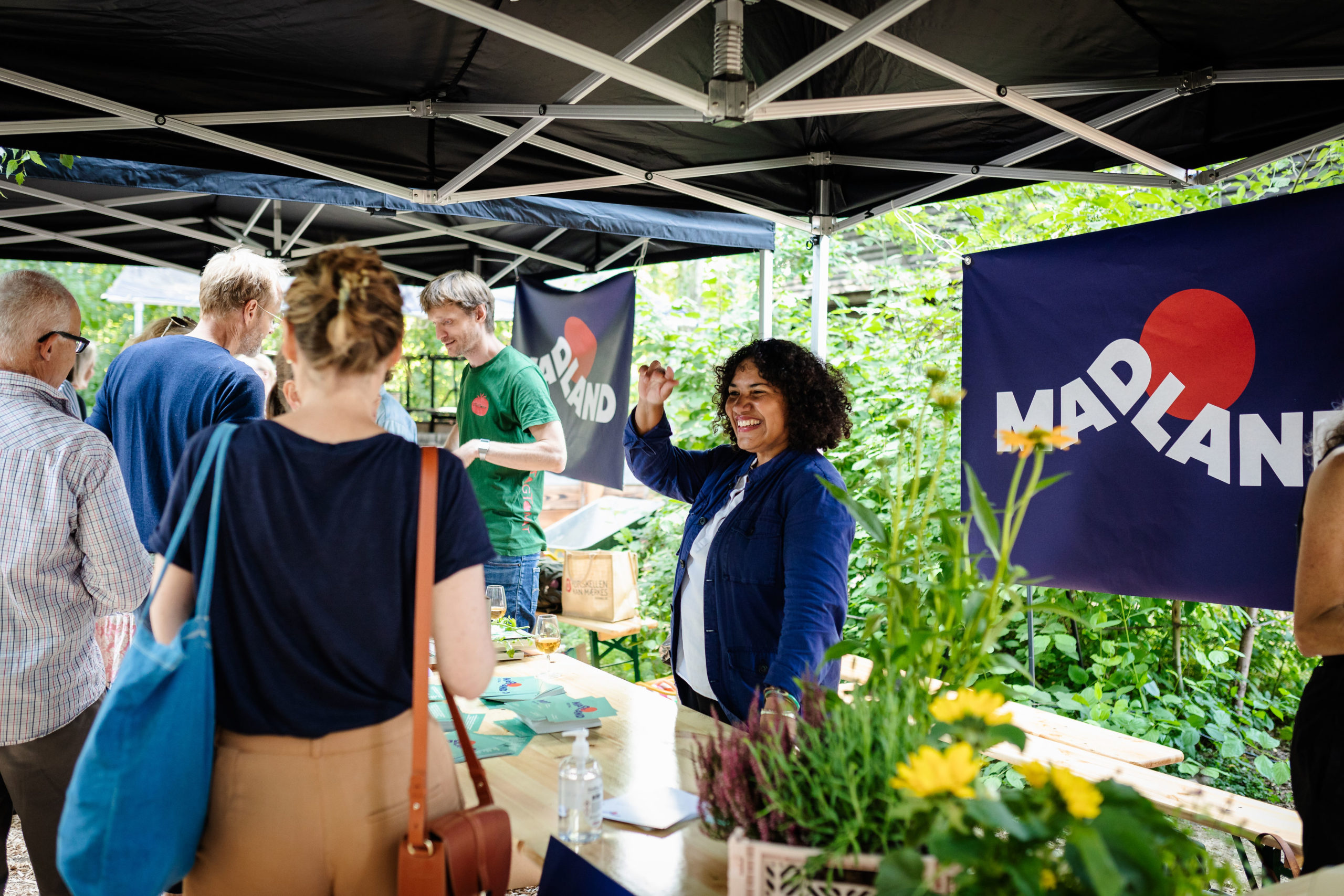A participatory tool for assessing land footprint in city-region food systems—A case study from Metropolitan Copenhagen
29 November 2022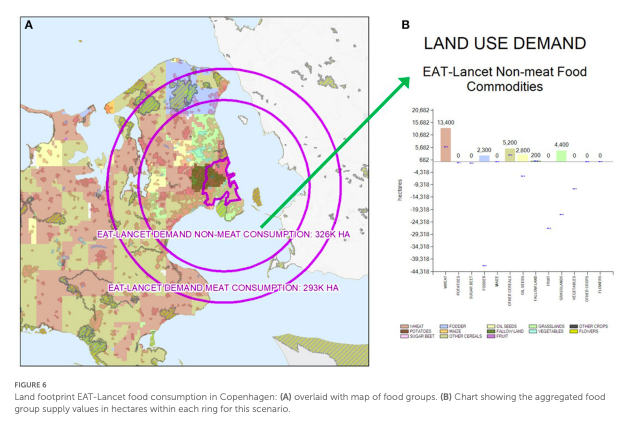
This scientific publication revolves around the SUSMETRO tool Metropolitan Foodscape Planner which allows to assess the impact of urban food consumption on land use and nature in the wider city region.
The ongoing COVID-19 pandemic has exposed the fragility of current food systems to feed populations around the world. Particularly in urban centers, consumers have been confronted with this vulnerability, highlighting reliance on just-in-time logistics, imports and distant primary production. Urban food demand, regional food supply, land use change, and transport strategies are considered key factors for reestablishing resilient landscapes as part of a sustainable food system. Improving the sustainability of food systems in such circumstances entails working on the interrelations between food supply and demand, rural and urban food commodity production sites, and groups of involved actors and consumers. Of special significance is the agricultural land in close proximity to urban centers. Calling for more holistic approaches in the sense of inclusiveness, food security, citizen involvement and ecological principles, this article describes the use of a new decision support tool, the Metropolitan Foodscape Planner (MFP). The MFP features up-to-date European datasets to assess the potential of current agricultural land use to provide food resources (with special attention to both plant- and animal-based products) and meet the demand of city dwellers, and help to empower citizens, innovators, companies, public authorities and other stakeholders of regional food systems to build a more regionalized food supply network. The tool was tested in the context of the food system of the Copenhagen City Region in two collaborative workshops, namely one workshop with stakeholders of the Copenhagen City Region representing food consultancies, local planning authorities and researchers, and one in-person workshop masterclass with MSc students from the University of Copenhagen. Workshop participants used the tool to learn about the impacts of the current food system at the regional and international level with regard to the demand-supply paradigm of city- regions. The ultimate goal was to develop a participatory mapping exercise and test three food system scenarios for a more regionalized and sustainable food system and, therefore, with increased resilience to crises. Results from this implementation also demonstrated the potential of the tool to identify food production sites at local level that are potentially able to feed the city region in a more sustainable, nutritious and way.
Read and download the complete paper here: https://foodshift2030.eu/resources/
